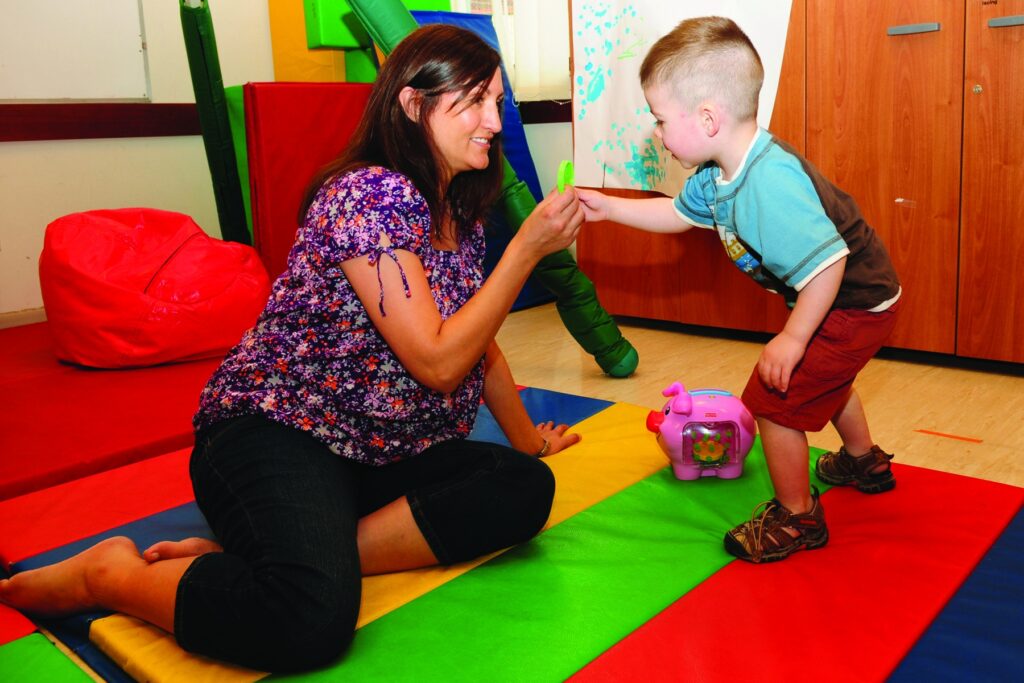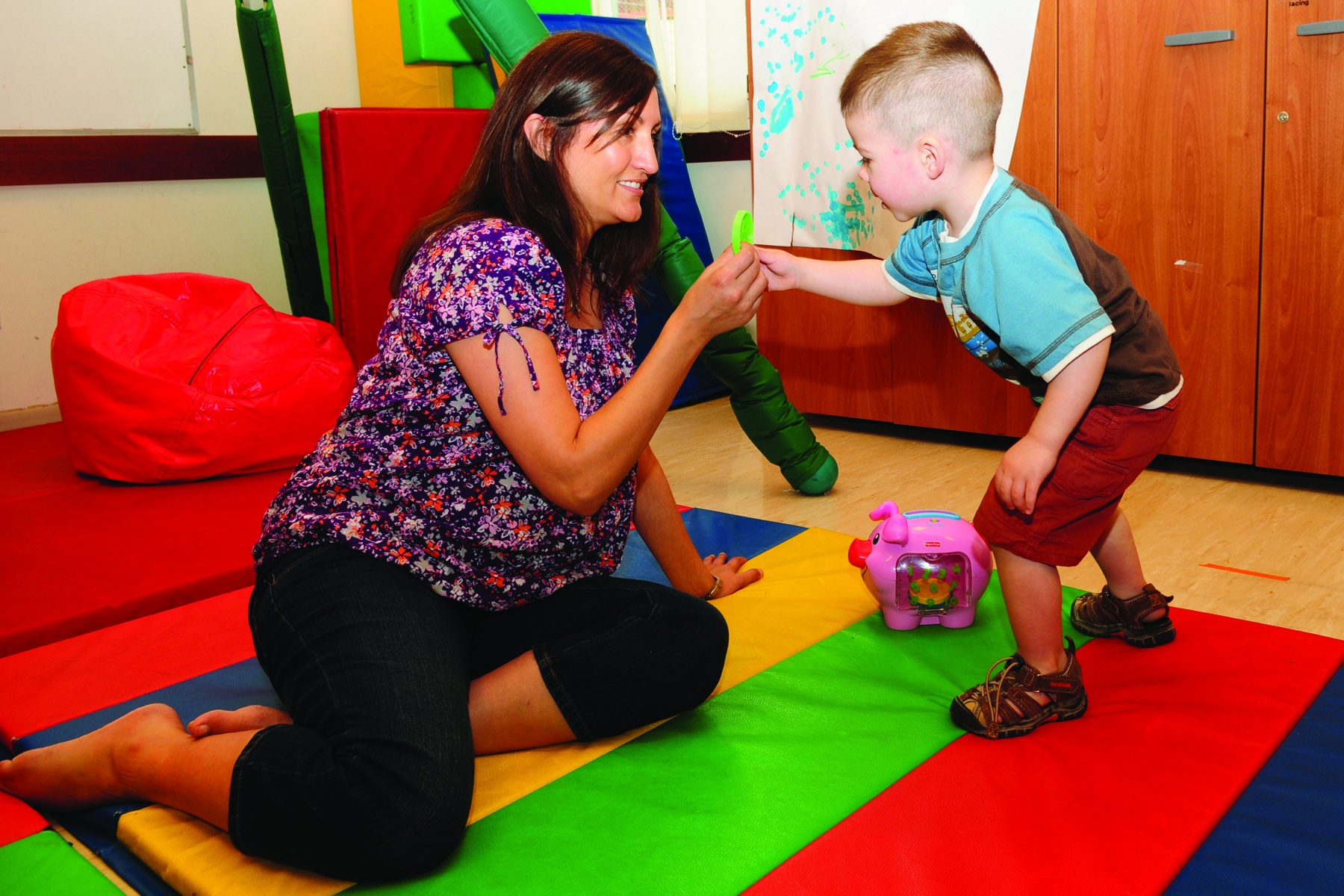Today, December 2, is National Special Education Day, marking the anniversary of President Gerald Ford’s signing of the Individuals with Disabilities Education Act (IDEA). As we reflect on the important ways in which IDEA has changed our public education system, I want to call attention to an important and often overlooked component of the early childhood landscape: special education preschools.

Photo credit: U.S. Air Force, Staff Sgt. Taylor L. Marr
Under Section 619 of IDEA Part B, children ages 3-5 identified with disabilities have a right to a free, appropriate, public education. This means that school districts have an obligation to provide preschool services to children diagnosed with disabilities. Currently, approximately 462,383 children with disabilities are served in special education preschool nationally, meaning that special education serves more children than any single state preschool program, roughly half as many preschoolers as Head Start, and nearly 1/3 as many children as all state-funded pre-K programs combined.
Beyond the number of children directly served, special education preschool influences our national early childhood care and education system in a variety of ways. Preschool special education pre-dates the growth of state-funded pre-K, and until relatively recently, most licensed early childhood teachers working in public schools were special education preschool teachers.
As a result, licensing and preparation programs for birth-5 or early childhood teachers in many states are designed primarily to prepare special educators. At the state level, early childhood specialists in state departments of education have played important roles in state pre-K and early learning systems coordination over the past 25 years, but many of these roles were originally created to support and oversee preschool special education — which remains a major part of these system leaders’ portfolios.
And at the federal level, the Office of Special Education Programs funds training and technical assistance for special education preschool and has developed or supported the dissemination of resources, models, and approaches — such as the Pyramid Model — that support quality teaching and child development across a variety of early childhood settings.
In other words, special education preschool is a pretty big deal. Yet it’s largely overlooked in national conversations about early childhood care and education.
At the local implementation level, special education preschool is often siloed from other early childhood services and initiatives. In many districts, for example, special education preschool falls under the oversight of the district’s special education department, rather than early childhood leadership. And that’s a huge missed opportunity, both for children with disabilities and their typically developing peers, who can benefit from learning alongside one another, and for the early childhood system as a whole.
Some school districts, states, and Head Start programs are doing exciting and important work to better integrate early learning for children with disabilities with other early childhood programs and initiatives. But these efforts face real barriers. In research my colleague Ashley LiBetti conducted on Head Start exemplars, for example, she found that these Head Start grantees are meeting their statutory commitment to serve at least 10% children with disabilities and are committed to serving children with disabilities well. But they often face barriers in accessing special education services from local districts, even though districts are required by law to provide those services to Head Start children. That’s just one example of how fragmentation and artificial boundaries in this space can create barriers to meeting children’s and families’ needs and serving children with disabilities well.
This National Special Education Day, early childhood leaders should celebrate the important role of special education preschool in serving young children with disabilities and commit to better integrating special education preschool into early childhood policies, systems, and program delivery.
